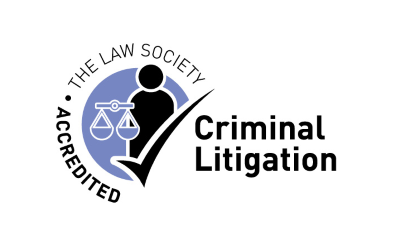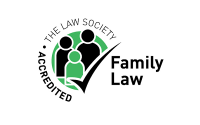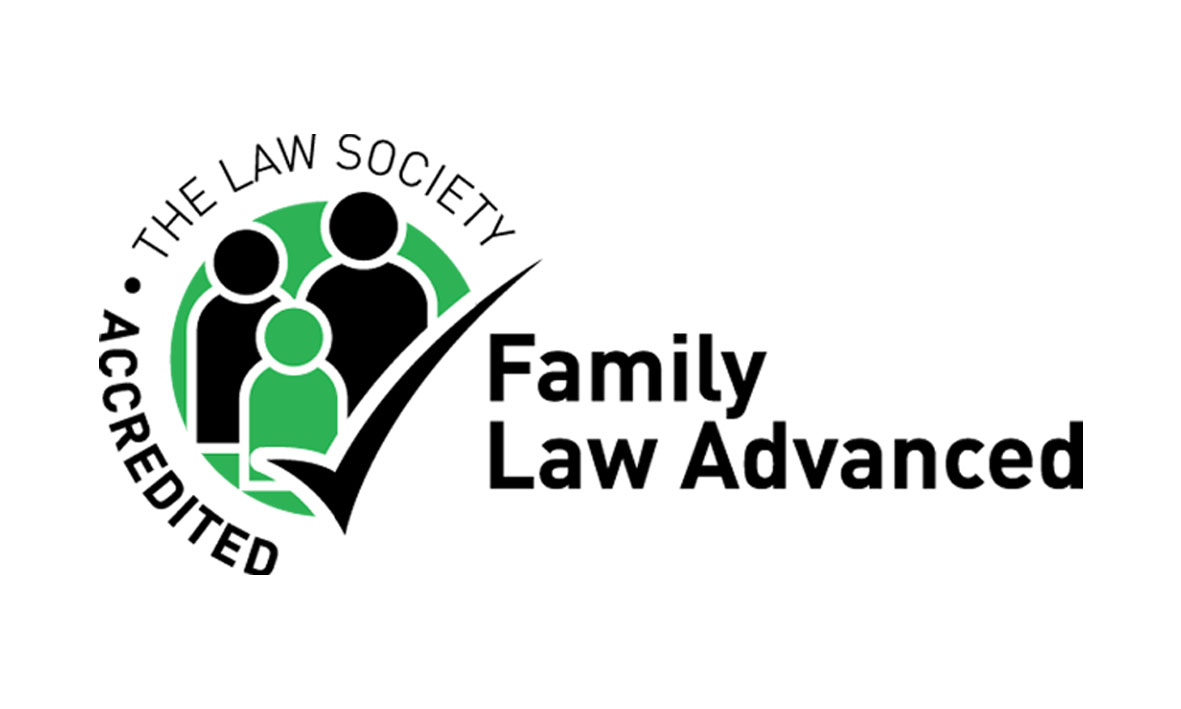We have specialists in many areas of legal practice. Make an enquiry today: 0330 333 2613
What Do I Do If My Property Chain Collapses?

Unfortunately, there are occasions where property chains collapse. When this happens, it can add to your stress and leave you feeling worried about your onward plans. However, there are things you can do.
Why do housing chains collapse?
Even if there are just one buyer and seller in a transaction the transaction can still fall through. However, the longer the property chain, the more people involved, meaning that the risk of the chain collapsing is increased. There are number of reasons why a chain may collapse, such as:
- The buyer or seller’s financial circumstances have changed.
- Life events (such as a bereavement or divorce).
- Deadlines for paperwork have been missed.
- Building surveys have highlighted issues.
- A buyer or seller may change their mind.
- A buyer reducing their offer (known as gazundering).
- A buyer who is outside of the chain coming in and making a higher offer (known as gazumping).
How can I prevent my property chain from collapsing?
If your property chain collapses, there is a possibility that you can salvage it in order to continue with your sale or purchase. That being said, there are some precautions you can take to minimise the risk of a chain collapsing, for instance:
- Sell to those who aren’t in a chain: When selling your property, if you have received multiple offers, it may be beneficial to sell to those who have no chain, or to a buyer in a shorter chain. This will reduce the probability of (but not guarantee against) the chain collapsing.
- Instruct a solicitor as soon as possible: The faster the conveyancing process, the less likely the chain is to break. It is therefore advised that you begin your conveyancing process as early as possible, ensuring all documentation is completed without delay.
- Consider selling your property and moving into rented: If you are selling your property and purchasing another, it increases the likelihood of the property chain collapsing. However, if you decide to rent rather than purchasing straightaway, it can take the pressure off. This does have the downside of increasing the costs as there would be the rent and two moving costs.
What should I do if the chain collapses?
Houses can be unique. Customers’ worlds can be blown apart if they lose the home of their dreams.
No matter how prepared you are, sometimes a chain collapsing is unavoidable. We appreciate it is a very stressful time and would advise you not to panic, here are some things you should consider doing if your property chain collapses:
- Maintain communication: If your chain collapses you should contact your estate agent, conveyancing solicitor, mortgage advisor and anyone else involved in the chain so that another suitable buyer can be found quickly.
- Discuss a new deal with those in the chain: If your chain has broken due to an adverse survey or a down valuation, it may be worth negotiating a new deal with those involved, or sharing the cost throughout the chain. For example, if someone pulled out due to financial concerns, you may consider proposing a lower sale price.
- Consider using a ‘quick sale’ company: If you have explored every avenue and are still struggling to find another buyer, you may wish to consider contacting a ‘quick sale’ company to purchase your home at a discounted rate. However, it is important to do your research if this is an avenue you wish to explore, as generally the price offered can be considerably less than the full value of your home and should only be considered as a last resort.
How we can help
The prospect of your property chain collapsing can feel overwhelming, it is important to ensure you seek advice from a specialist conveyancing solicitor. At Elliot Mather we have a friendly, dedicated and specialist property team that can assist you wherever you are based.
Our team appreciate that the process of purchasing a property can be difficult, we will take the time to understand your needs and provide you with expert legal advice.
Location
Our Solicitors are able to provide expert advice across the country with a network of offices based in: Chesterfield, Nottingham, Mansfield and Derby.
How to get in contact
Our team are on hand to help you and can assist wherever you are based. Please call us for a no-obligation, initial discussion on 0330 333 2613 or email enquiries@elliotmather.co.uk and we will call or email you back.

Andrew Yates
LLP Member and Head of DepartmentAndrew joined Elliot Mather LLP in 2000 as a Legal Executive and subsequently qualified as a Solicitor. He has been an LLP Member since 2008 and is now head of the Residential Property Department.
His vision, experience, knowledge and IT skills have been key to the development of the Residential Property Departments across the practice over the last 15 years. Andrew has a wealth of experience of all types of property transactions and specialises in:-
- Residential sales and services and purchases.
- Rights to buy
- Transfer of equity
- Re-mortgage/bank security
- Equity release
- Deed of Easements
- New Builds
- Complex Legal Charges
- Declaration of Trust
- Property Developments
- Complex Property Transactions.
Andrew has a friendly, no nonsense approach to work which is appreciated by clients, Estate Agents, Developers and his staff alike.

Elliot Mather LLP maintains professional indemnity insurance in accordance with the rules of the Solicitors Regulation Authority. Details of the insurers and the territorial coverage of the policy are available for inspection at our offices.
Registered Office: St. Mary's Court, St. Mary's Gate, Chesterfield, Derbyshire, England, S41 7TD
VAT Number: 126 3019 03
Regulatory Notice: Elliot Mather LLP is a limited liability partnership. Partnership number OC321320.
Authorised and regulated by The Solicitors' Regulation Authority. To view code of conduct visit www.sra.org.uk/code-of-conduct.page










